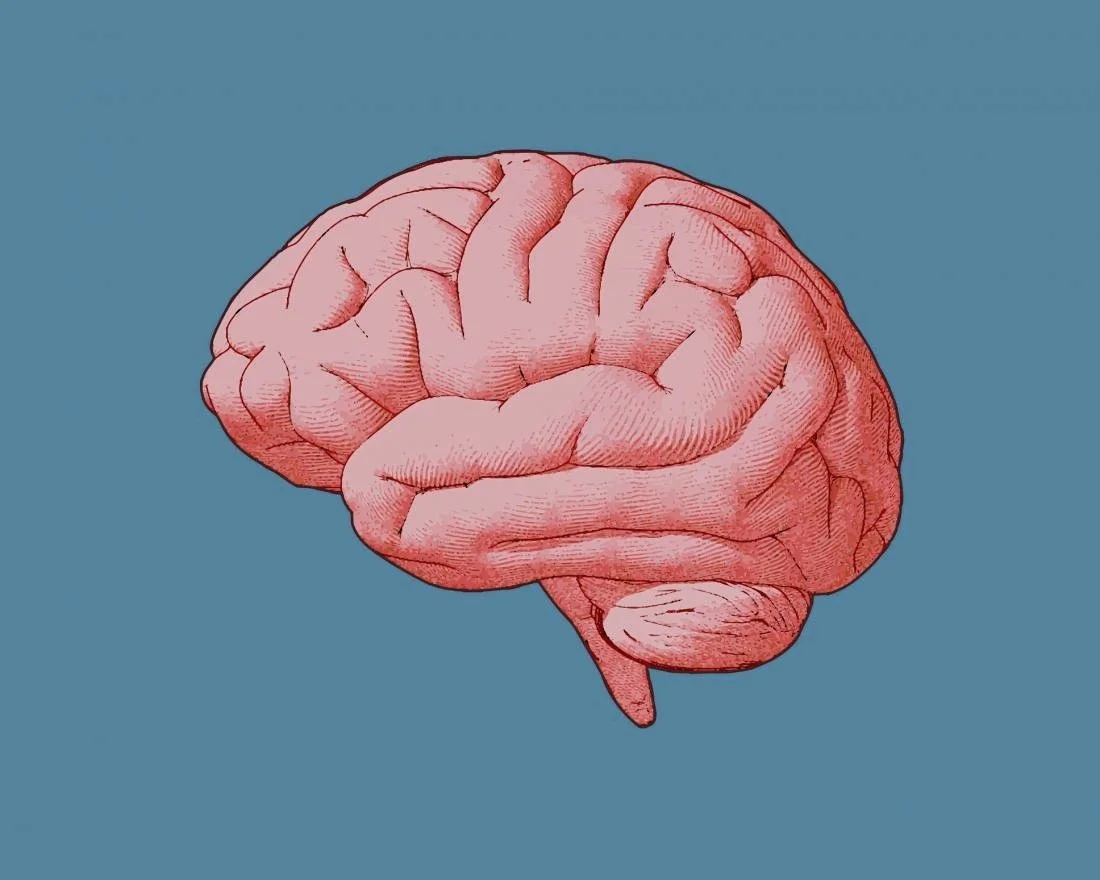Spanish to English
By Sofia V
Have you ever spent 6 years learning a language completely different from everyone else? No? Well, I have. Let me tell you my experience of switching from Spanish to English.
I spent Kindergarten through fifth grade learning in Spanish immersion. Our classes, books, homework, and presentations were all in Spanish. Towards the end of 5th grade, more English was incorporated into our curriculum, but even then Spanish always came first. I remember using Spanish with my friends as a “secret language” to have conversations because nobody else knew it as well as we did. My friends and I would say “Vamos a jugar en el tobogán,” instead of, “Let's go play on the slide.” I felt unique and special to get a bilingual education knowing I can communicate with people from Spanish-speaking countries.
When 5th grade came around, I decided to apply to private schools. In order to do so, I had to take the ISEE. The ISEE is a test that assesses you in 4 sections: reading comprehension, vocabulary, quantitative reasoning (math problems in sentence form), and math. I had a lot of catching up to do in terms of vocabulary and essay writing, so my parents hired a tutor. My tutor practiced with me a ton.
“What does vagueness mean?” My tutor asked. I felt awkward, I should've known that word but I had no idea what it meant. I tried searching my memory, but it was no use.
“I'm not sure” I responded
“ Vagueness means…..” That's how a lot of our tutoring sessions went.
With tons of tutoring sessions, eventually, I caught up with my grade level. It was difficult, especially because my English vocabulary was so limited at the time. It was hard to expand my knowledge of essay writing as well. My tutor had taught me so much over the short period of time I had to work with her, whether it was working on grammar or middle school application essays, she always had my back. If it weren't for her, who knows where I would’ve been.
The day came When I would have to take the ISEE. I was more nervous than I’d ever been in my entire life. I went into a little booth with a computer, noise canceling headphones, a pencil, and scratch paper. The moment I picked up the pencil, my hand started shaking, the pencil along with it. The proctor went up to me and explained the protocols and instructions for taking the test.
“You have 3 hours to take the test…” She spoke in a serious, cold tone of voice.
Her tone of voice set the atmosphere of the room. I’d never experienced this amount of anxiety before. Once the timer started, so did I. My first test was verbal. There was a word on the screen, and I had multiple choices to select the definition of the word. I didn't recognize at least half of the words. I remember guessing based on pure instinct, not having a clue of what I'm doing.
After I took the ISEE, my scores came back. I got a decent score on vocab. It wasn't the best score, but for someone with my experience, I did well. I didn't stop after that, I still kept doing one-on-one’s with my tutor to improve as much as I could before middle school. I got accepted into Synapse so my parents and I decided that I would attend Synapse.
I joined Synapse in 6th grade. My first impression of the Writer’s Workshop and Humanities classes was slightly intimidating. Before Synapse, I was surrounded by a more traditional environment, where we were given textbooks and were supposed to fill them out based on what we knew. We didn't have a lot of open discussions or debates. Entering Synapse, everyone was participating in discussions and conversations, not to mention everyone's vocabulary was bigger than mine, by far. I vaguely remember being in a Humanities class with Brian L, and he prepared a little warm up debate about a certain book. That warm up was supposed to take 15 or 20 minutes, but it took about half of our class. The room was filled with everyone's voices, opinions, and statements. There were so many perspectives and everyone spoke perfectly and clearly. Even though I tried to do my part by sharing in class, I felt left out.
“Ok class, we are going to be sharing notice and wonders of our reading,” My old humanities teacher Brian L said.
“I noticed that….” one student answered.
“Yes and, I wonder if….” Another student responded, building a conversation.
“How did….” And so the conversation continued and more people got involved.
Speaking in English felt different to me. In elementary school I spoke Spanish with everyone I knew, even my nanny back at my house. I felt far away from home. Even though I was enrolled in Spanish class at Synapse, it wasn't challenging, and it was virtual for the most part. I couldn't speak to anyone in Spanish.
One thing that Synapse is known for is feedback. After each assignment, I would receive feedback from either a teacher or a peer. This helped me grow as a learner and expand my mind. I would pick up habits based on the feedback I got which made me a better writer. It also helped me to speak more clearly and expand my vocabulary. Over the course of 6th grade, I became more confident in my conversation and my vocabulary, and to this day I keep trying to strengthen my vocabulary.
Overall, the experience of transitioning was rough, but with the support of my teachers and peers, I overcame the tough obstacles all the way from Spanish to English.





